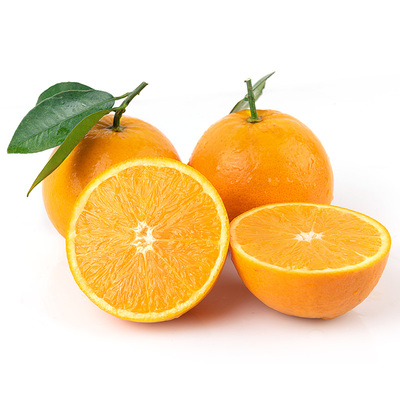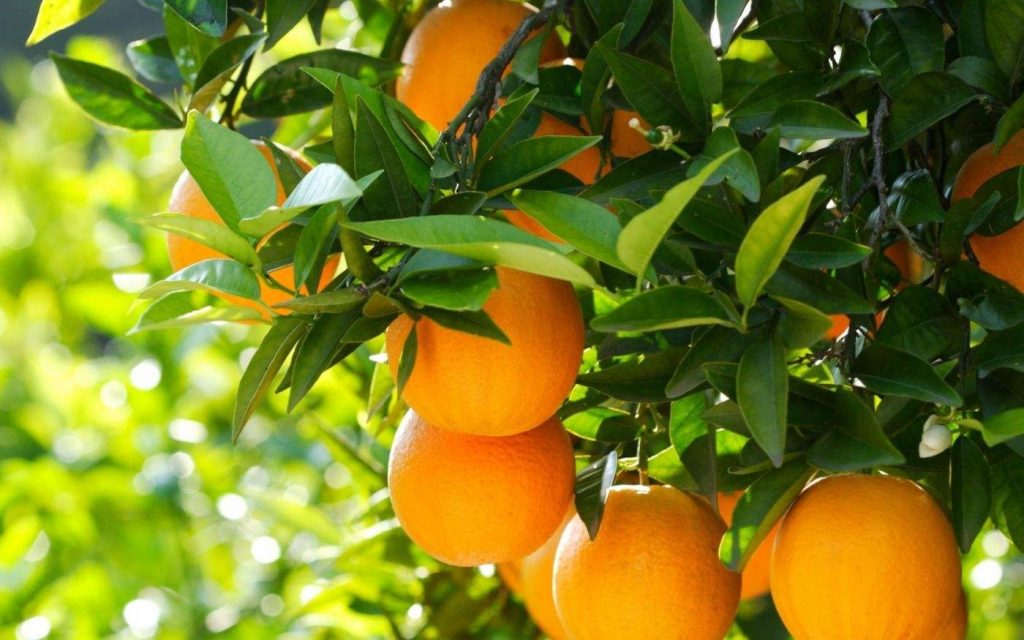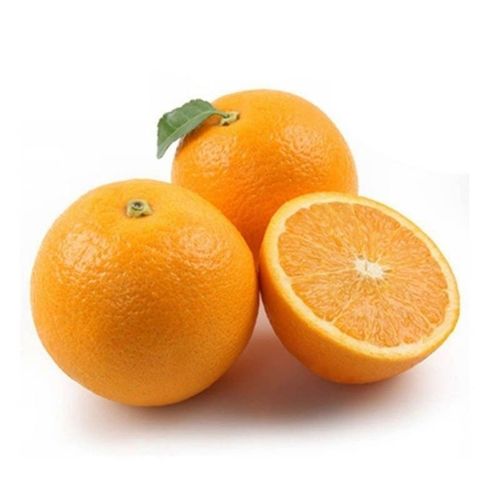1. Not only must choose the right industry, but also choose the right variety
The development of the industry must first be based on the local natural endowments. The so-called “one side of the water and soil raises the other side’s people”, and the same is true, “one side of the water and soil breeds the other side’s agricultural products”. The climatic conditions are different in different places. For a place, what kind of variety is a good variety?



In my opinion, the varieties are good, but the most suitable for the local is the best.
The reason why Gannan navel oranges become “Gannan navel oranges” is the result of selection. At the beginning of the development of the citrus industry, there were six categories of mandarin, mandarin, orange, pomelo, kumquat and lemon. Why did you choose Newhall navel orange? It is because we have tried all the good varieties, and Newhall navel oranges are the most suitable for Gannan.
Affected by climate and other factors, different varieties perform differently in different regions. So for Gannan, Newhall is the most suitable and best variety.
When choosing a variety, one is afraid of repeating what others say and blindly following the trend. I think the biggest problem in the development of the fruit industry is blindly following the trend of varieties. A lot of good breeds have a good performance in a certain place and the market benefits are good, so they are followed by swarms from all over the world, and finally a good breed is screwed up.
Therefore, I said that it is very important to choose the right industry for the development of industries, and it is even more important to choose the most suitable local varieties. Only in this way, a real estate industry can form its own advantages and competitiveness. This is one of the inspirations for the success of Gannan navel oranges.
2. Pay attention not only to industrial development, but also to ecological protection
Most of the fruits are grown on barren hills and slopes, and most of Gannan navel oranges are planted on barren slopes in mountainous areas. If not handled properly, it will easily cause soil erosion, which is not conducive to ecological protection. But planting fruit on barren hills and slopes is also beneficial, that is, it does not compete with grain for land, especially now that the state proposes to stick to the “red line of arable land” to ensure food security.
In my opinion, the development and planting of fruits in mountainous areas should be combined with ecological protection, and the concept of “lucid waters and lush mountains are invaluable assets” should be used throughout the development of the entire industry. Reverence for nature, respect for nature, and protection of ecology are the principles of industrial development that we must follow. Otherwise, it will make up for the lost sheep, labor and people and money, and the gains will outweigh the losses.
The practice of planting fruits tells us that where development focuses on ecological protection, industrial development can complement each other, and where development violates the principle of ecological protection, industrial development cannot continue. Therefore, when we develop industries, we must not only pay attention to industrial development, but also pay attention to ecological protection. This is the second revelation.
3. Not only the scale, but also the appropriate scale
The development of an industry requires not only a scale, but also an appropriate scale. If the scale is too small, it will not be able to make big articles, and the industry will not have the right to speak and influence in the market, and it will have no benefits, but if the scale is too large, there will be no benefits. Why? If supply exceeds demand, it must be sold at a low price. The so-called “rare is more expensive” is the truth.
Issues of scale are often overlooked in the heat of development. In recent years, many industries have risen at once, but the blindness is very large. From the perspective of producers, the more plants, the better, and the larger the scale, the better. However, from the perspective of market laws and industrial development, the larger the scale, the better. The inspiration given to me by Gannan navel oranges is that the scale should be moderate, not too small or too big.
I think moderately scaled to do three to match.
One is to match the ecology. That is, both invaluable assets and clear waters and lush mountains are needed, and the scale of the industry should consider the local ecological bearing capacity.
The second is to match the market demand. Some places only consider how to quickly expand the industry and blindly expand the scale, but do not think about how to “sell” in advance. The scale of the industry does not match the market demand, and no matter how big it is, it cannot be strong. Especially if supply exceeds demand, the industry will not be strong at all. Now the entire citrus industry has been oversaturated in the market in four or five years. Several good new varieties have been rotten in the past few years. The big reason is that blind expansion has led to oversupply in the market.
The third is to match the labor force. Now the common phenomenon is “it is difficult to find a job, it is difficult to find a job”. Most of the peasants went to the cities to work, and the ones who stayed in the countryside were mostly middle-aged and elderly people. After a few years, who will plant the fruit will be a big question. At present, there has been a “labor shortage” in fruit production. If the industrial development does not match the labor force, it is easy to cause many orchards to lose control. Once the orchard is out of management, various diseases and insect pests are easy to spread, resulting in a vicious circle.
Therefore, the development of the industry must adhere to the basic principle of moderate scale and achieve the above three matching. This is what I think is the biggest inspiration for the development of Gannan navel oranges so far.
Article link:https://www.vlefooena.com/manufacturer/1167

No reply content